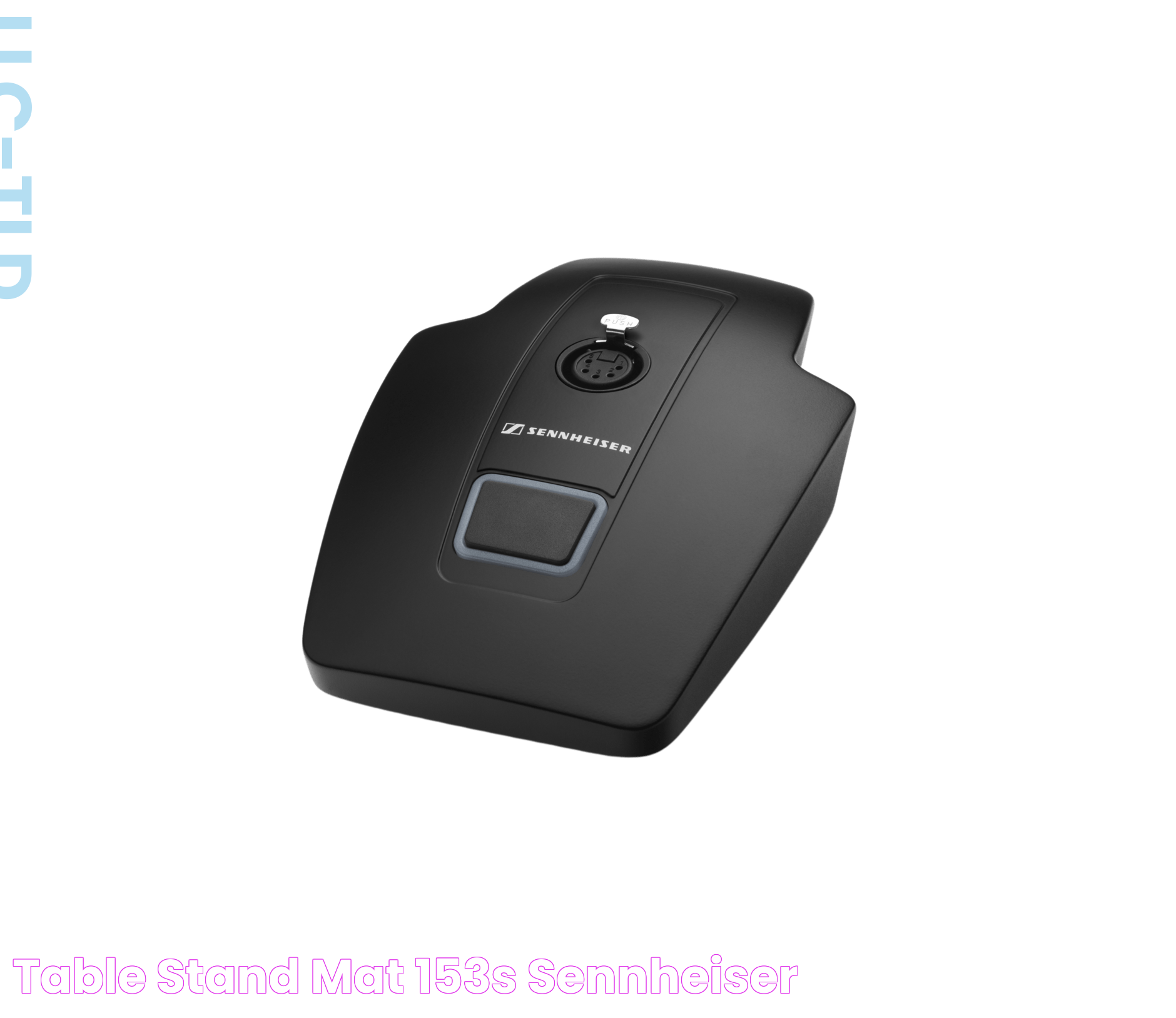Weight conversion is an essential skill that can be handy in various scenarios, from traveling abroad to understanding medical information. One common conversion many people encounter is from pounds to kilograms. For instance, if you weigh 153 pounds, how does that translate into kilograms? This question often arises due to the use of different measurement systems across the world. In this article, we'll delve into the conversion process, examine the significance of knowing your weight in kilograms, and explore related topics to give a comprehensive understanding of weight measurement.
Most of the world uses the metric system, which includes kilograms for weight, while countries like the United States often use pounds. This difference can lead to confusion and the necessity for conversion. For those who are curious or need to convert their weight from pounds to kilograms, understanding the conversion formula and its application is crucial. We will guide you through the simple steps of converting 153 pounds to kilograms, ensuring you can handle such calculations with ease.
Beyond just the numbers, there are several reasons why knowing your weight in both pounds and kilograms can be beneficial. Whether you're managing your health, preparing for a move abroad, or simply want to be more informed, this knowledge is empowering. We'll also provide tips on maintaining healthy weight and understanding the broader implications of weight measurements. Stay with us as we explore these topics and more, ensuring you have a well-rounded grasp of all things related to weight conversion and management.
Read also:Investing In Xom Stock A Guide To Opportunities And Risks
Table of Contents
- Biography of a Pound
- How do you convert 153 pounds to kilograms?
- Why is weight conversion important?
- What are the health implications of knowing your weight?
- The conversion formula: Pounds to Kilograms
- A brief history of weight measurement
- Global standards: Pounds vs. Kilograms
- Real-life applications of weight conversion
- Tips for maintaining a healthy weight
- How technology aids in weight conversion
- Common mistakes in weight conversion and how to avoid them
- Frequently Asked Questions
- Conclusion
Biography of a Pound
Understanding the concept of a pound is fundamental before diving into conversions. Historically, the pound (abbreviation: lb) has been a unit of mass used in various systems, including the imperial and United States customary systems. The term originates from the Roman libra, a unit that signifies weight or balance. Over centuries, the pound has been used in trade, scientific measurements, and daily life, making it an integral part of many cultures.
The modern definition of a pound is based on the avoirdupois system, where one pound equals 0.45359237 kilograms. This standardized measurement helps ensure consistency in commerce and communication, especially in countries like the United States where the pound remains the predominant unit of weight.
Personal Details and Bio Data of the Pound
| Attribute | Description |
|---|---|
| Name | Pound |
| Symbol | lb |
| Origin | Roman Libra |
| Current Use | United States, United Kingdom, and other countries using imperial systems |
| Metric Equivalent | 0.45359237 kg |
How do you convert 153 pounds to kilograms?
Converting pounds to kilograms is a straightforward process once you understand the conversion factor. The formula to convert pounds to kilograms is:
- Kilograms = Pounds × 0.45359237
Using this formula, you can easily convert 153 pounds into kilograms:
- 153 pounds × 0.45359237 = 69.399 kilograms
This calculation shows that 153 pounds is approximately 69.4 kilograms when rounded to one decimal place. It's a simple mathematical procedure that can be done using a calculator or even mental math with some practice.
Beyond manual calculations, there are numerous online tools and apps available that can perform this conversion instantly, saving time and ensuring accuracy. These tools are particularly useful for those who frequently travel or work in environments where both measurement systems are in use.
Read also:Insightful Journey Into The Life And Achievements Of Iga Obrycka
Why is weight conversion important?
Weight conversion is crucial for various reasons, ranging from personal health management to professional requirements. Understanding your weight in both pounds and kilograms can help you:
- Ensure accurate communication with healthcare professionals, especially in countries using the metric system.
- Track weight loss or gain more effectively by understanding the figures in both units.
- Prepare for travel or relocation where different measurement systems are in use.
- Participate in global discussions about health, fitness, and nutrition with a clear understanding of weight metrics.
The ability to convert weight units also aids in education, enabling students and professionals to engage with scientific literature that may use different measurement systems. This skill is essential in fields such as medicine, fitness training, and nutrition, where precise measurements are paramount.
What are the health implications of knowing your weight?
Knowing your weight is a key aspect of maintaining good health. It allows for monitoring changes over time, which can indicate improvements or potential health issues. Accurate weight measurement helps in:
- Assessing Body Mass Index (BMI), a critical indicator of healthy weight relative to height.
- Detecting trends that may suggest metabolic or hormonal imbalances.
- Planning diet and exercise regimens for weight management.
- Evaluating the effectiveness of medical treatments, especially those affecting weight.
Moreover, being aware of your weight in both pounds and kilograms can help you understand medical advice and instructions, especially when consulting international health resources or professionals. This knowledge empowers individuals to take proactive steps in managing their health and wellbeing.
The conversion formula: Pounds to Kilograms
The conversion from pounds to kilograms relies on a fixed mathematical formula, essential for accuracy across platforms and contexts. The formula is straightforward:
- Kilograms = Pounds × 0.45359237
This multiplier (0.45359237) is the exact number of kilograms in one pound, based on the standardized conversion factor adopted internationally. This precision ensures that weight conversions are consistent, whether performed manually or through digital tools.
Understanding this formula allows individuals to perform conversions without relying solely on technology, fostering a deeper comprehension of how different measurement systems relate to one another. This knowledge can be especially beneficial for professionals in science, medicine, and education, where metric conversions are frequent.
A brief history of weight measurement
The history of weight measurement is rich and varied, reflecting diverse cultural practices and technological advancements. Early systems of weight measurement were often based on easily accessible natural objects, such as seeds, stones, or grains. These systems were primarily localized, with little standardization across regions.
As trade expanded, there was a growing need for unified weight systems. The Roman libra laid the groundwork for the modern pound, while other cultures developed their own units. The metric system, introduced in the late 18th century in France, revolutionized weight measurement by providing a universal, decimal-based system that simplified calculations and reduced confusion.
Today, the metric system is widely adopted, with the kilogram serving as the primary unit of mass. However, the pound remains in use in several countries, maintaining its historical significance and practicality in specific contexts.
Global standards: Pounds vs. Kilograms
Globally, the kilogram is the standard unit of mass in most countries, thanks to the metric system's widespread adoption. However, the pound continues to be the preferred unit in countries like the United States, where the imperial system persists.
This duality necessitates the ability to convert between the two units, ensuring clear communication and understanding across international borders. For scientific and medical communities, where precision is paramount, the kilogram is the unit of choice, aligning with global standards set by organizations like the International System of Units (SI).
Despite these standards, the pound remains relevant in everyday life for millions, particularly in regions where the imperial system has historical roots. This coexistence highlights the need for ongoing education and resources to facilitate seamless weight conversions.
Real-life applications of weight conversion
Weight conversion finds application in numerous real-life scenarios, impacting daily activities and professional tasks alike. Some of these applications include:
- Travel: Converting luggage weights for compliance with airline regulations, which may use kilograms.
- Healthcare: Understanding medical dosages and nutritional information that may be presented in kilograms.
- Education: Engaging with scientific literature and research that utilize metric measurements.
- Fitness: Tracking weight changes and setting goals in both pounds and kilograms for a comprehensive view.
- Commerce: International trade often requires weight conversions to ensure consistency in transactions.
These applications underscore the importance of being proficient in weight conversions, enhancing both personal and professional capabilities.
Tips for maintaining a healthy weight
Maintaining a healthy weight is integral to overall health and wellbeing. Here are some tips to help achieve and sustain a healthy weight:
- Balanced Diet: Consume a variety of foods from all food groups to ensure nutritional balance.
- Regular Exercise: Engage in physical activity regularly, including aerobic and strength-training exercises.
- Hydration: Drink adequate water daily to support bodily functions and weight management.
- Adequate Sleep: Ensure sufficient sleep, as it plays a crucial role in metabolism and weight regulation.
- Mindful Eating: Pay attention to hunger cues and avoid emotional eating.
These lifestyle habits not only help maintain a healthy weight but also enhance overall quality of life.
How technology aids in weight conversion
In today's digital age, technology offers numerous tools to facilitate weight conversion, making the process quicker and more accurate. Some of these technological aids include:
- Conversion Apps: Mobile apps provide instant conversions between pounds and kilograms, often with additional features like history tracking.
- Smart Scales: Modern scales can display weight in both units and often sync with health apps for comprehensive tracking.
- Online Calculators: Websites offer free calculators that can convert weights instantly, useful for quick checks.
These technological advancements simplify weight management, providing users with accessible and reliable conversion methods.
Common mistakes in weight conversion and how to avoid them
Despite its simplicity, weight conversion can lead to errors if not done carefully. Common mistakes include:
- Incorrect Multipliers: Using the wrong conversion factor can result in inaccurate conversions.
- Rounding Errors: Over-simplifying calculations by excessive rounding can affect precision.
- Misinterpretation of Units: Confusing pounds with kilograms and vice versa can lead to significant misunderstandings.
To avoid these mistakes, always double-check your calculations, use reliable tools, and ensure a clear understanding of the units involved.
Frequently Asked Questions
1. What is 153 pounds in kilograms?
153 pounds is approximately 69.4 kilograms when converted using the standard conversion factor.
2. Why do we need to convert pounds to kilograms?
Conversion is necessary for international communication, compliance with global standards, and accurate health assessments.
3. Can I convert my weight manually?
Yes, by using the conversion formula (Pounds × 0.45359237), you can manually convert your weight to kilograms.
4. What tools can help with weight conversion?
Mobile apps, online calculators, and smart scales are effective tools for converting weights between pounds and kilograms.
5. How accurate are online conversion tools?
Most online tools are designed to be highly accurate, though it's advisable to cross-check with manual calculations when precision is critical.
6. Is knowing my weight in kilograms important?
Yes, especially for health assessments, travel, and engaging with international resources and professionals.
Conclusion
Understanding the conversion between 153 pounds and kilograms is just one aspect of navigating different measurement systems. This knowledge is invaluable in personal health management, professional settings, and global communication. By mastering the simple conversion formula and utilizing available technological tools, anyone can confidently handle weight measurements in both units, ensuring clear and accurate communication across various contexts.
Whether for personal curiosity or professional necessity, being informed about weight conversion enhances one's ability to interact with the world effectively. Maintaining a healthy weight, understanding historical contexts, and utilizing modern technology all contribute to a well-rounded approach to weight management and measurement.

